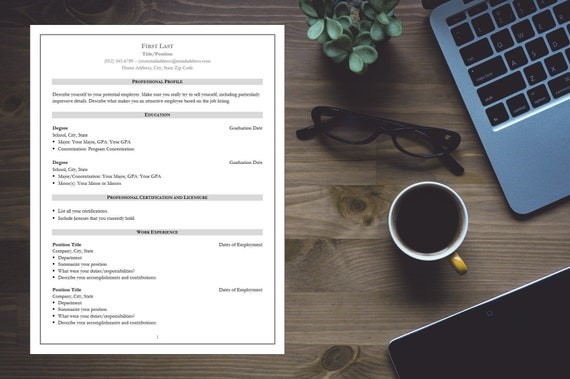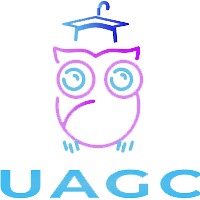
The application process for graduate programs requires attention to detail and thorough preparation. A well-structured CV is the first step to capture the attention of universities and secure your place in the program of your choice. Here is a detailed guide to help you create a professional CV that will impress the admission committees, with additional insights on how Universal Admission Gate Cyprus (UAGC) can guide you through the process.
Preparation
Before you start writing your CV, gather all the necessary information:
-
Personal details (name, address, phone number, email).
-
Education (schools, universities, degrees, graduation dates).
-
Research experience and publications.
-
Professional experience relevant to the field of study.
-
Skills and certifications.
-
Participation in research programs, conferences, and other academic activities.
CV Structure
Your CV should be clear, readable, and highlight your academic and professional achievements. Follow this basic structure:
-
Personal Details: At the top of the page, include your name, address, phone number, and email.
-
Summary or Career Objective: A brief paragraph summarizing your academic aspirations and goals for the graduate program. Mention why you chose this specific program and how it relates to your future plans.
-
Education: List your most recent degrees first. Include the name of the institution, the degree awarded, and the graduation date. You can also include your GPA and any honors. Highlight any significant courses or projects related to the field of study.
-
Research Experience: Describe your research experience. Include the names of research projects, your role, the dates of participation, and a brief description of your activities. Mention any significant results or contributions to the research.
-
Publications: List any scientific publications, articles, or conference presentations. Include the title of the work, the name of the journal or conference, and the publication date.
-
Professional Experience: List your professional experience related to the field of study. For each position, include the name of the company, your job title, the period of employment, and a brief description of your duties and achievements.
-
Skills: Mention relevant skills such as languages, technical skills, and certifications. Try to provide examples of how you have applied these skills in real projects or tasks.
-
Academic Activities and Participation: Include any participation in academic organizations, conferences, seminars, and other activities related to the field of study. Mention any leadership positions or initiatives you have taken.
Style and Formatting
-
Font and Size: Use a professional font such as Arial or Times New Roman in size 10-12.
-
Spacing and Margins: Use adequate spacing and margins to make the text readable.
-
Headings and Subheadings: Use bold headings to separate sections. This helps in easier navigation and reading of your CV.
Customization
-
Tailor for the University: Customize your CV to the requirements of the program. Show how your academic and professional experiences relate to the program's requirements and interests. Make it clear why you are a suitable candidate and how you will contribute to the academic community of the university.
Review and Proofread
-
Spelling and Grammar: Carefully check your CV for spelling and grammatical errors. A good practice is to use spell-check tools and ask others to read your CV.
-
Clarity and Consistency: Ensure that all information is clear and consistent. Avoid excessive use of technical jargon unless necessary.
-
Feedback: Ask friends, professors, or colleagues to read your CV and provide feedback. Different perspectives can help you improve the content and structure.
Cover Letter
Along with your CV, prepare a cover letter that describes:
-
Why you are interested in the specific graduate program.
-
How your academic and professional experiences have prepared you for the program.
-
What you hope to achieve with this program and how it fits with your future plans.




